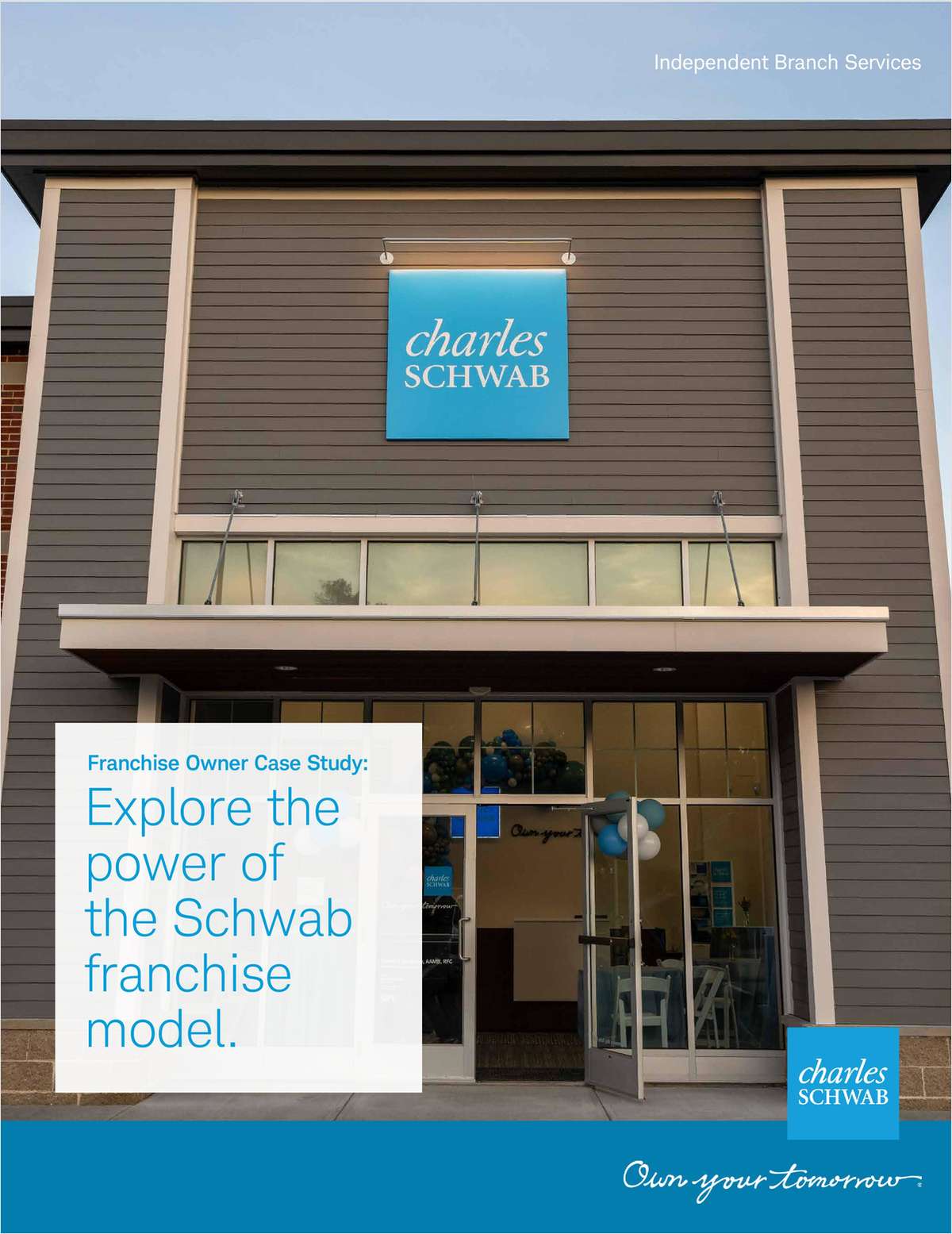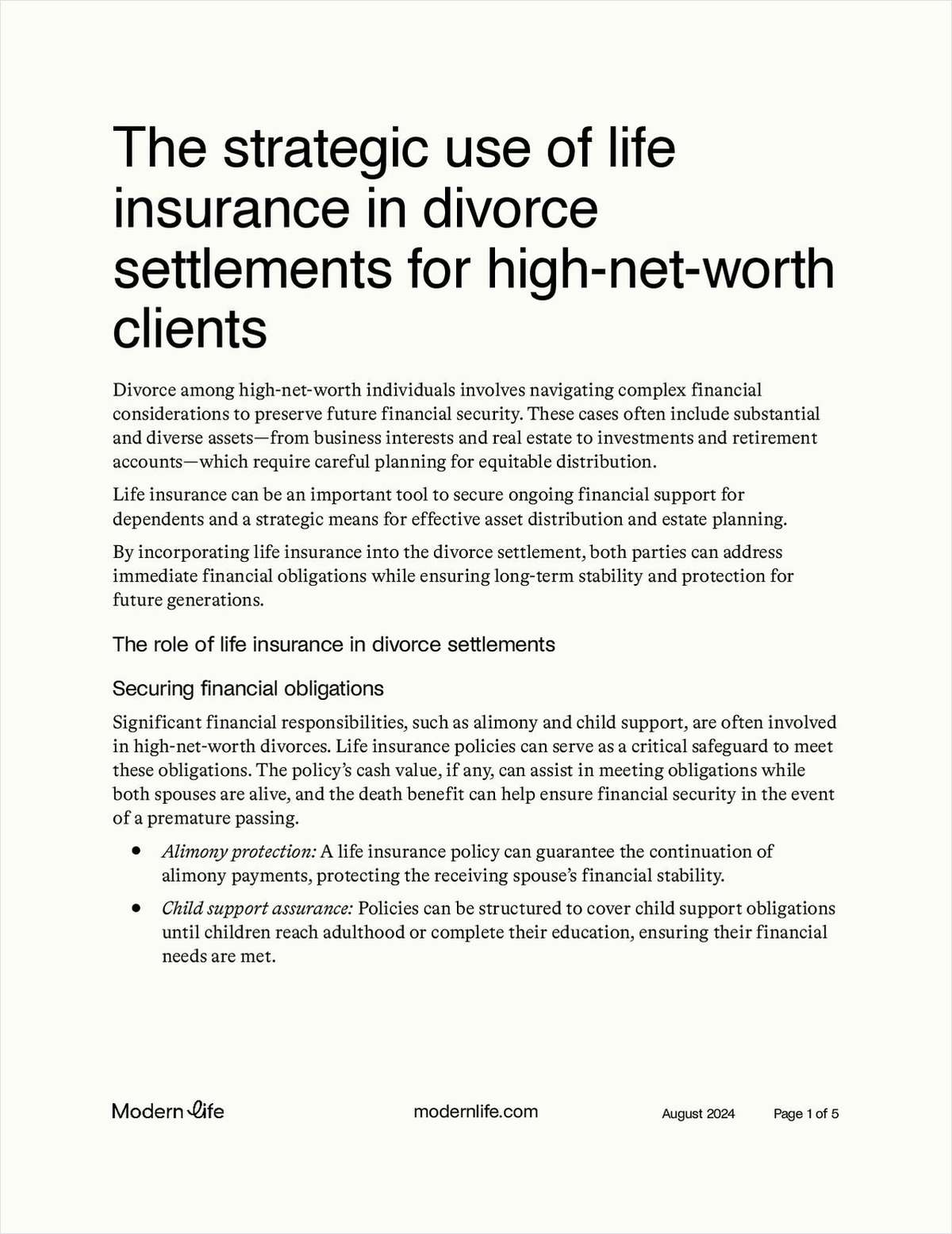I've been reading this book, see, called "Bounce." It's not to be confused with Malcolm Gladwell's "Blink," although it refers to Gladwell and the 10,000-hour rule from time to time. You know about that rule, right? The one that says we need 10,000 hours of practice to be good at something. The author of "Bounce," Matthew Syed, was a table-tennis champion in Great Britain. He's now a columnist for the Times of London.
Syed's thesis is that anyone can become good at anything, but that it requires hours of practice.
I've been reading the book poolside, a few pages a day, usually early in the morning.
One of those "aha!" moments leapt from the page as I read. The author may eventually reach the same conclusion; however, I may not know until August. (I'm fighting an algae problem in the pool daily and don't get to read as much as usual, so I'm only about halfway through the book.) Syed indicates that despite evidence to the contrary regarding years of practice making one an expert in virtually any field, people prefer to believe that stars – the best of the best (actors, musicians, writers, financial planners or whatever) – are excellent because of God-given talent and not because of hard work and practice, practice, practice.
Here are the thunderbolt questions that struck me after laddering out of the algae-water and beginning to read: We ("we" being a euphemism for the rest of us, the non-stars) actually know, at some level, that each of us could reach the pinnacle of success, but are we too lazy to practice or somehow too absorbed in the pleasures of our own lives to care? Absent medical or psychiatric conditions, I suspect there may be some truth in that kernel; do you?
If you need an excuse not to be a star, you may use this one, which I like: it's often best to learn a profession or craft from an early age. Think of tennis stars, musicians (liking jazz, Buddy Rich comes to mind — he started around age 2) and, since this is an investment blog, think about Warren Buffett, as a youngster, poring over his father's financial texts.



